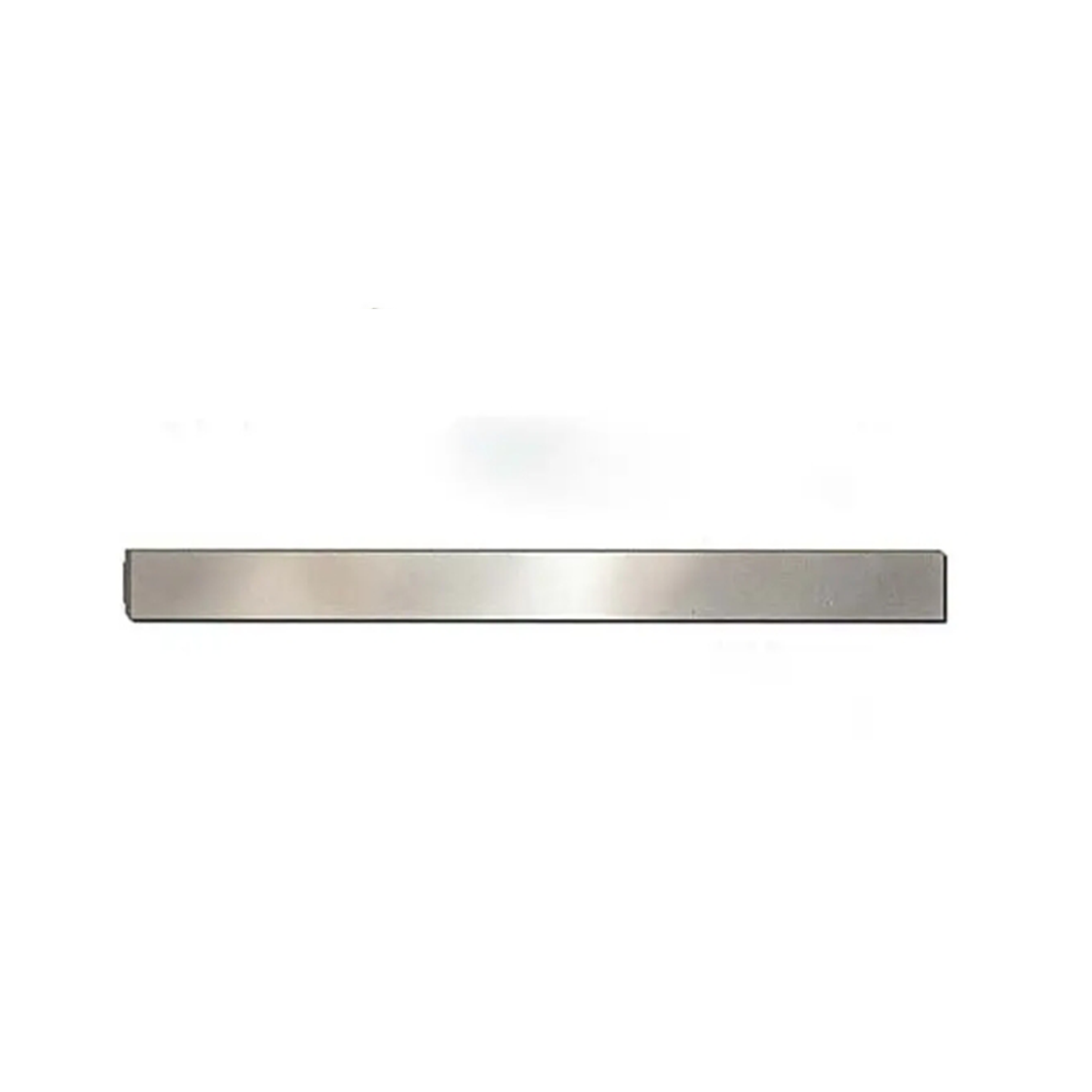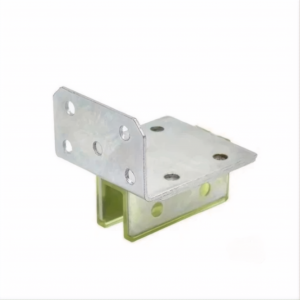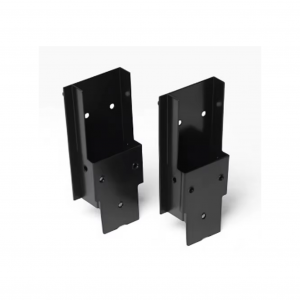Cost-effective elevator safety stainless steel car handrail
Description
| Product Type | customized product | |||||||||||
| One-Stop Service | Mold development and design-submit samples-batch production-inspection-surface treatment-packaging-delivery. | |||||||||||
| Process | stamping,bending,deep drawing,sheet metal fabrication,welding,laser cutting etc. | |||||||||||
| Materials | carbon steel,stainless steel,aluminum,copper,galvanized steel etc. | |||||||||||
| Dimensions | according to customer's drawings or samples. | |||||||||||
| Finish | Spray painting, electroplating, hot-dip galvanizing, powder coating, electrophoresis, anodizing, blackening, etc. | |||||||||||
| Application Area | Auto parts, agricultural machinery parts, engineering machinery parts, construction engineering parts, garden accessories, environmentally friendly machinery parts, ship parts, aviation parts, pipe fittings, hardware tool parts, toy parts, electronic parts, etc. | |||||||||||
Advantags
1. Over ten years of experience in international trade.
2. Offer a one-stop shop for everything from product delivery to mold design.
3. Quick delivery, taking between 30 and 40 days. within a week's supply.
4. Strict process control and quality management (manufacturer and factory with ISO certification).
5. More affordable costs.
6. Skilled: With over a decade of experience, our plant has been stamping sheet metal.
Quality management
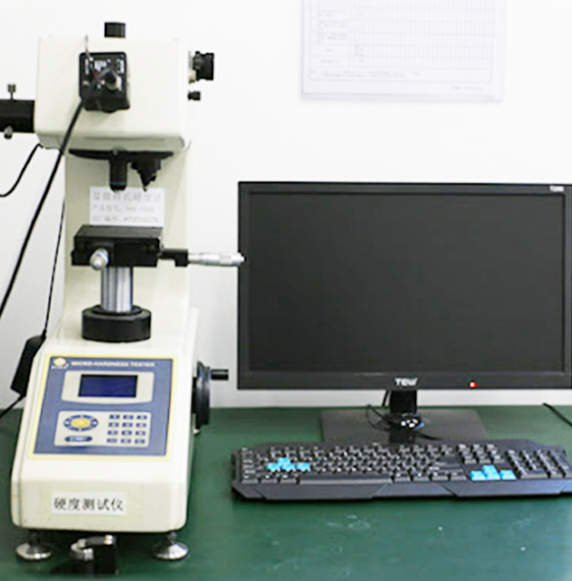
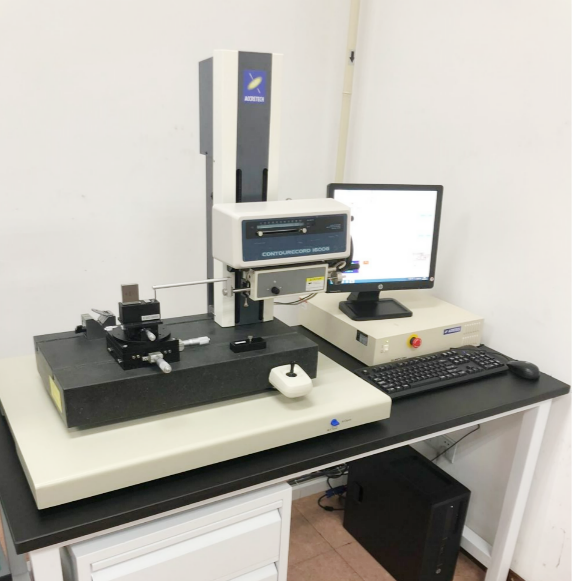
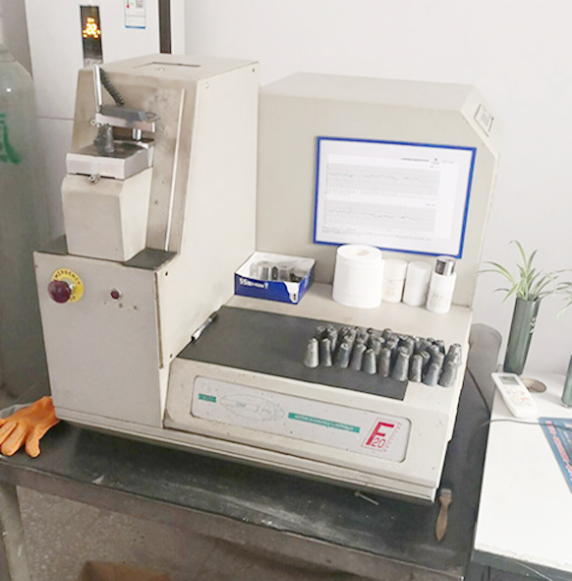
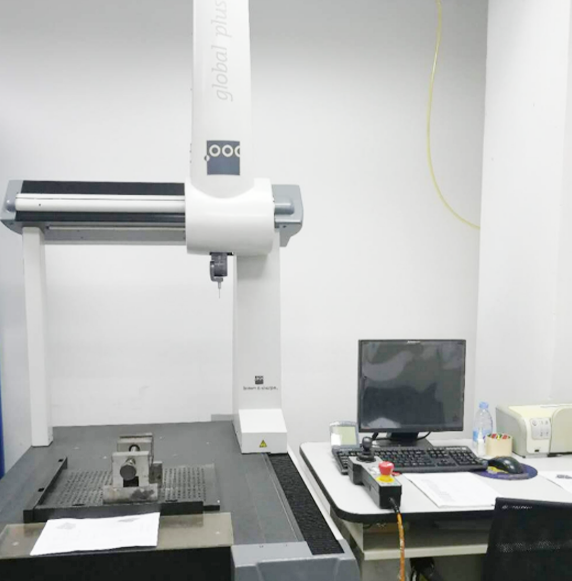
Vickers hardness instrument.
Profile measuring instrument.
Spectrograph instrument.
Three coordinate instrument.
Shipment Picture




Production Process
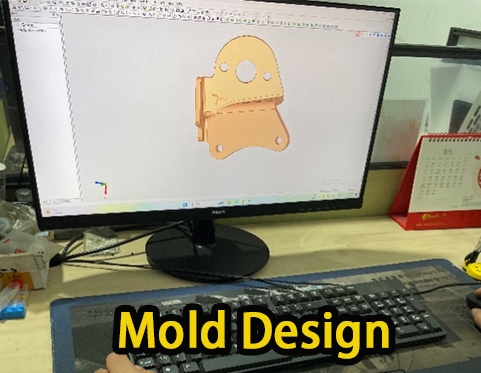
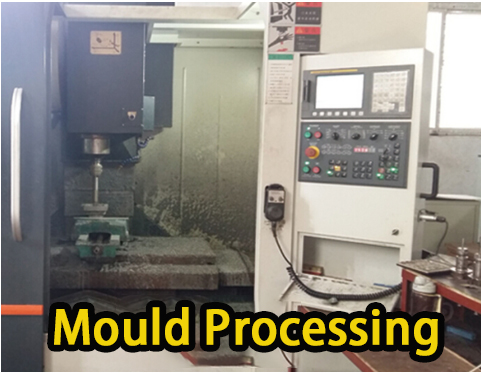
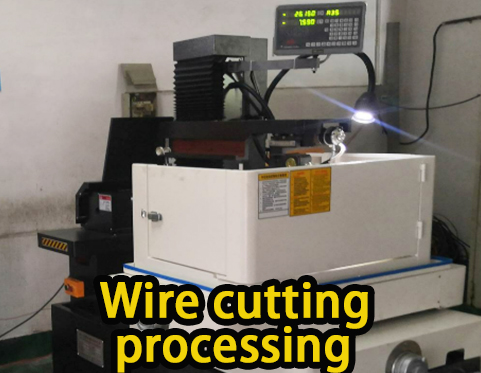
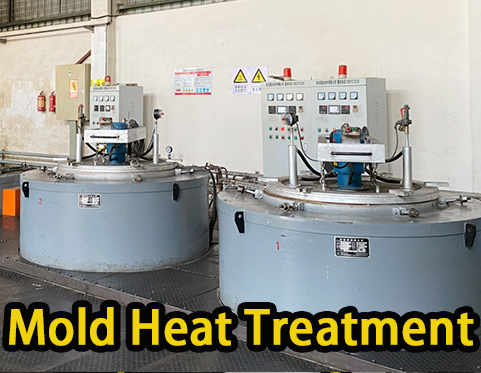
01. Mold design
02. Mould Processing
03. Wire cutting processing
04. Mold heat treatment
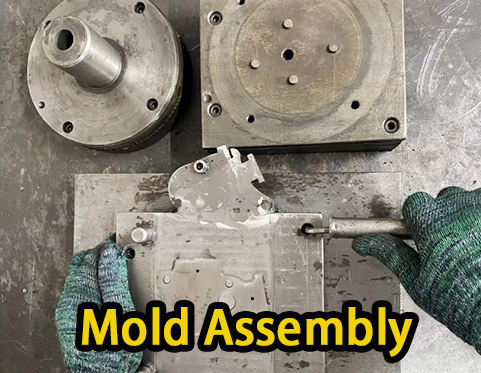
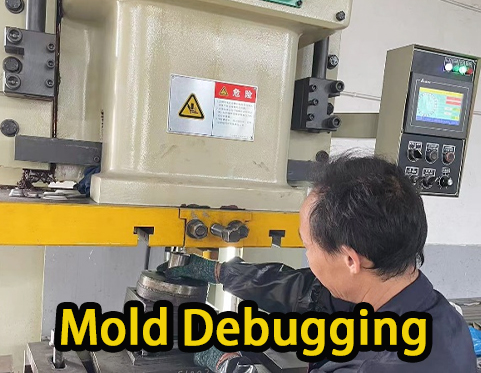
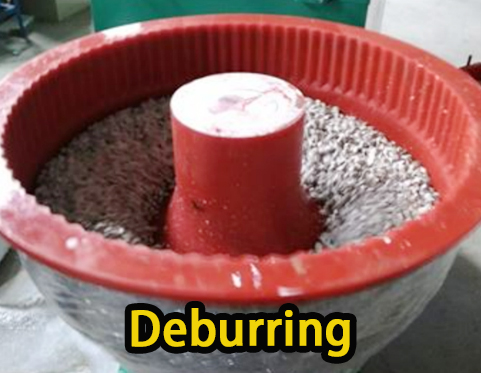
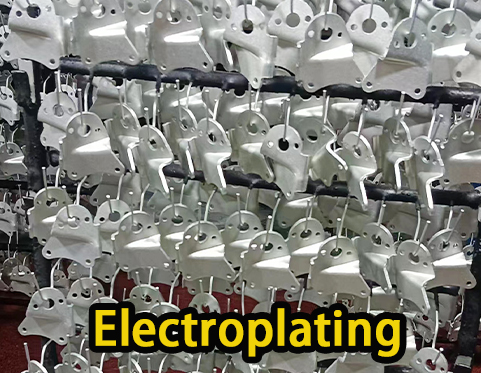
05. Mold assembly
06. Mold debugging
07. Deburring
08. electroplating

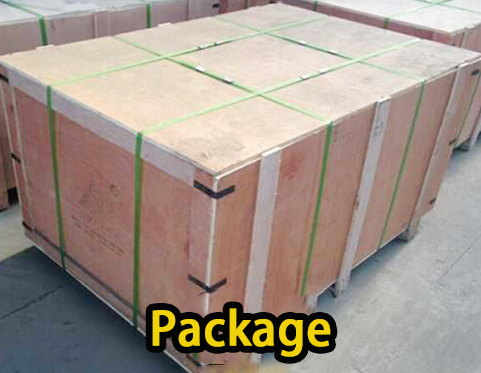
09. Product Testing
10. Package
Types of stamping
We offer single and multistage, progressive die, deep draw, fourslide, and other stamping methods to ensure the most effective method for manufacturing your products. Xinzhe’s experts can match your project with the appropriate stamping by reviewing your uploaded 3D model and technical drawings.
- Progressive Die Stamping uses multiple dies and steps to create deeper parts than would typically be achievable through single dies. It also enables multiple geometries per part as they go through various dies. This technique is best suited to high volume and large parts such as those in the automotive industry. Transfer die stamping is a similar process, except progressive die stamping involves a workpiece attached to a metal strip pulled through the entire process. Transfer die stamping removes the workpiece and moves it along a conveyor.
- Using deep draw stamping, one can make stamps that resemble enclosed rectangles with deep voids. Because of the metal's severe deformation, which compresses its structure into a more crystalline shape, this method produces stiff bits. Standard draw stamping is also widely employed; shallower dies are used to form the metal.
- Fourslide Stamping uses four axes to mold items rather than just one. Small, delicate pieces, such as electronics components or phone battery connectors, are manufactured using this technique. The aerospace, medical, automotive, and electronics sectors use fourslide stamping because it provides greater design flexibility, reduced production costs, and quicker manufacturing times.
- Hydroforming is an evolution of stamping. Sheets are placed on a die with a bottom shape, while the upper shape is a bladder of oil that fills to high pressure, pressing the metal into the shape of the lower die. Multiple parts can be hydroformed simultaneously. Hydroforming is a quick and accurate technique, though it requires a trim die to cut the parts out of the sheet afterward.
- Blanking cuts pieces out from the sheet as an initial step before forming. Fineblanking, a variation of blanking, makes precise cuts with smooth edges and a flat surface.
- Coining is another type of blanking that creates small round workpieces. Since it involves significant force to form a small piece, it hardens the metal and removes burrs and rough edges.
- Punching is the opposite of blanking; it involves removing material from the workpiece instead of removing material to create a workpiece.
- Embossing creates a three-dimensional design in the metal, either raised above the surface or through a series of depressions.
- Bending happens on a single axis and is often used to create profiles in U, V, or L shapes. This technique is accomplished by clamping one side and bending the other over a die or pressing the metal into or against a die. Flanging is bending for tabs or parts of a workpiece instead of the whole part.
FAQ
Q1: What is the minimum order quantity?
A1: Generally, there is no MOQ; it's up to you. The quantity determines the pricing!
Q2:What is the duration of your delivery time?
A2:Stock products take about two days, custom design samples take about five days, and bulk production takes about 35 days following sample approval and deposit!
Q3:Is customisation possible?
A3:Of course we can!
Q4: How do you provide things?
A4:1) We can employ DHL, FEDEX, TNT, UPS, EMS, or your selected agent for express delivery!
2) By water
3) Via airplane
Q5: What assurance do you offer?
A5:We package each item in sturdy cartons and check it twice. and will follow every item till it gets to your door!

